Not long ago, a friend reached out to me, overwhelmed and uncertain about her upcoming oncology appointment. She’d been diagnosed with cancer after an ER visit and a brief hospitalization. A biopsy confirmed the cancer type, and just like that, she was referred to oncology. She left the hospital with a follow-up date but no roadmap on how to face what was coming.
She called me in a panic. “What am I supposed to do now?”
I listened as she tried to make sense of her diagnosis, what it meant, what it could mean, and how quickly life had changed. Here’s the guidance I gave her and what I wish every newly diagnosed cancer patient had in hand before that first oncology visit.
- 1. Take Time to Process the Diagnosis
- 2. Center Yourself Before You Step into the Clinic
- 3. Get Clear on What Matters Most to You
- 4. Learn the Language of “Cancer Speak”
- 5. Understand the Structure of a First Oncology Appointment
- 6. Expect a Full Calendar and Emotional Whiplash
- 7. It’s Okay to Be Overwhelmed
- 8. Let Yourself Be Scared of Hope
- Oncology Appointment Checklist
- Don't Miss Out!
1. Take Time to Process the Diagnosis
Hearing the word cancer can feel like a door slamming shut. For many, it brings an instant flood of thoughts: death, suffering, uncertainty. It’s a lot to carry.
I encouraged my friend to give herself time to process the news. No one needs to make life-changing decisions in a single moment. Before she even thought about treatment, I asked her one simple but important question:
“Who do you want to share this with?”
Some people tell only a handful of close friends or family. Others go public. It’s a deeply personal decision. Choose what feels safe and right for you.
If you’re still processing a new diagnosis, resources like CanCare.org can help you find your footing.
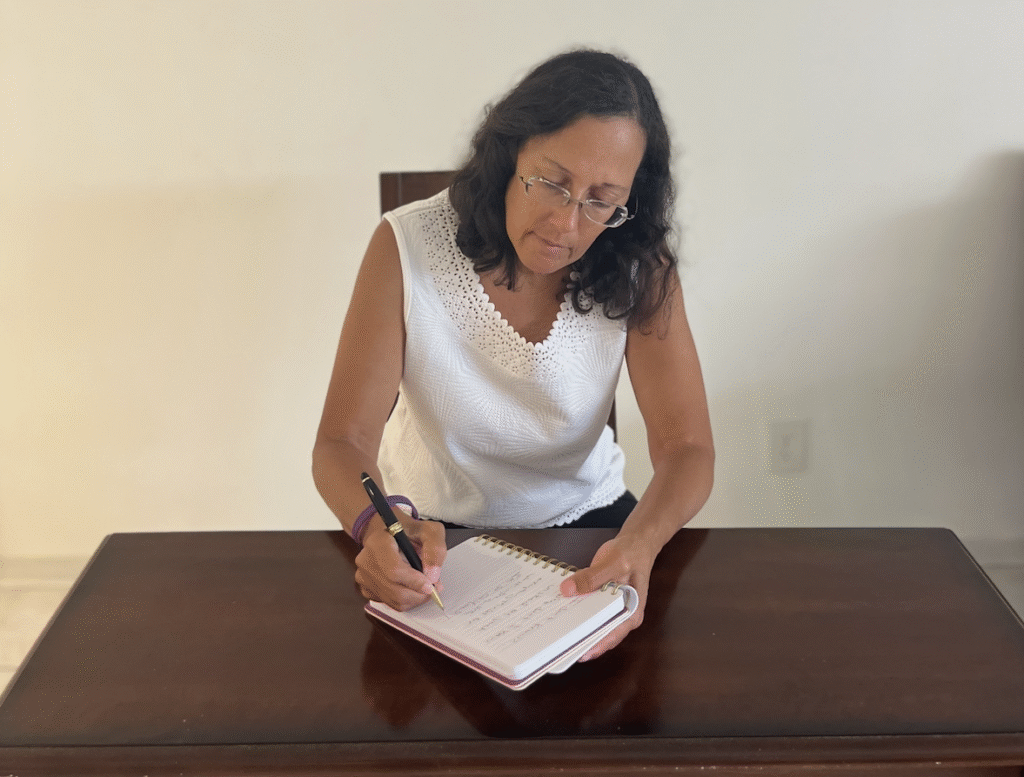
2. Center Yourself Before You Step into the Clinic
The anxiety hits fast and hard, especially when the what ifs start piling up. I told her:
“Just breathe.
Take a deep breath in… and slowly exhale.
Let your body settle.”
– Dr. Yvette Colón
This isn’t just advice, it’s a survival strategy. Shallow breathing creates tension, which leads to even more shallow breathing. It becomes a loop. Finding stillness in the mind (not just the body) helps you break that cycle and stay grounded.
3. Get Clear on What Matters Most to You
Before you walk into that first appointment, ask yourself:
- What’s most important to me right now?
- Am I willing to trade quality of life for more time?
- Do I want to pursue every treatment, even if it makes me extremely sick?
- Or do I want to focus on comfort, dignity, and symptom management?
My friend didn’t hesitate when I asked her these questions.
“No!” she said. “I refuse to be sick in bed, dependent on someone else, and just die. I’m not afraid of dying. But if chemotherapy only has a small chance of success, I’d rather explore other options, like immunotherapy or proton radiation.”
Fair enough. These are exactly the things to bring up during your oncology visit.
These questions can help guide your conversation with your doctor. The American Cancer Society’s guide on understanding your diagnosis can give you a framework for thinking through your options.
4. Learn the Language of “Cancer Speak”
Oncology has its own vocabulary. You’ll hear unfamiliar terms. You may be asked to make decisions on the spot. It’s okay not to know what something means.
Ask. Ask again. Ask for clarification.
– Dr. Yvette Colón
Here’s what I told her to expect:
- Bring a trusted person with you, if you can, someone who can take notes or help you process afterward.
- Prepare a list that is thorough and covers everything you need clarification on.
- Don’t try to memorize everything. Your energy is better spent asking for copies, summaries, or follow-up calls.
You can use the National Cancer Institute’s Dictionary of Cancer Terms as a quick reference before or after your visit.
5. Understand the Structure of a First Oncology Appointment
Your first visit may last several hours and involve multiple people. You might meet:
- An oncologist
- A nurse navigator or care coordinator
- A clinical trial representative
- A social worker
You may also be asked to participate in a research study. Here’s what I told my friend:
“It’s okay to say no. These studies often won’t benefit you directly. Don’t feel obligated to participate if it doesn’t feel right.”
– Dr. Yvette Colón
The National Cancer Institute’s guide to clinical trials can help you understand your options.
You’ll also likely undergo bloodwork and tumor marker testing. Again, ask what the tests are for. Ask what you’ll learn from them and what you won’t.
I often cover these realities in my speaking engagements, because so many patients aren’t told what to expect before they walk in
6. Expect a Full Calendar and Emotional Whiplash
Once things get going, you might have appointments almost every day. It’s easy to get lost in the logistics.
I told her to build in recovery rituals after every appointment, small moments of peace or joy that remind her she’s still a person, not just a patient.
Take a walk. Watch a favorite show. Eat something comforting. Do something just for you.
It doesn’t have to be big. It just has to be yours.
7. It’s Okay to Be Overwhelmed
Near the end of our talk, my friend’s voice cracked.
“I’m really overwhelmed,” she said. “This is hard.”
I replied, “I know. Cancer life is hard.”
It’s okay to be scared. It’s okay to not know what to do next. It’s okay to feel everything all at once.
8. Let Yourself Be Scared of Hope
Before we hung up, she said something that stuck with me:
“I want to feel hopeful… but I’m not sure if I should.”
And I told her what I tell every patient who says something similar:
“Yes, I know what it’s like to be scared of hope. It’s OK to be scared. Learn how to just be.”
– Dr. Yvette Colón
For more reflections and practical guidance, visit my blog or return to my home page to explore my mission and work.
Oncology Appointment Checklist
If you’re preparing for your first oncology appointment, I see you.
I’ve created a checklist that you can have for free. You can download it by clicking the link below. This checklist isn’t exhaustive, but it’s a place to begin. You don’t have to go in ready, you just have to go in as you are.
If you want to go a step further in taking charge of your care, take a look at my post on Patient Self-Advocacy: How to Speak Up at the Doctor’s Office. You’ll find it linked below.
Don’t Miss Out!
To get future posts on survivorship and advocacy delivered straight to your inbox, subscribe to my blog today.
Discover more from Dr. Yvette Colón
Subscribe to get the latest posts sent to your email.
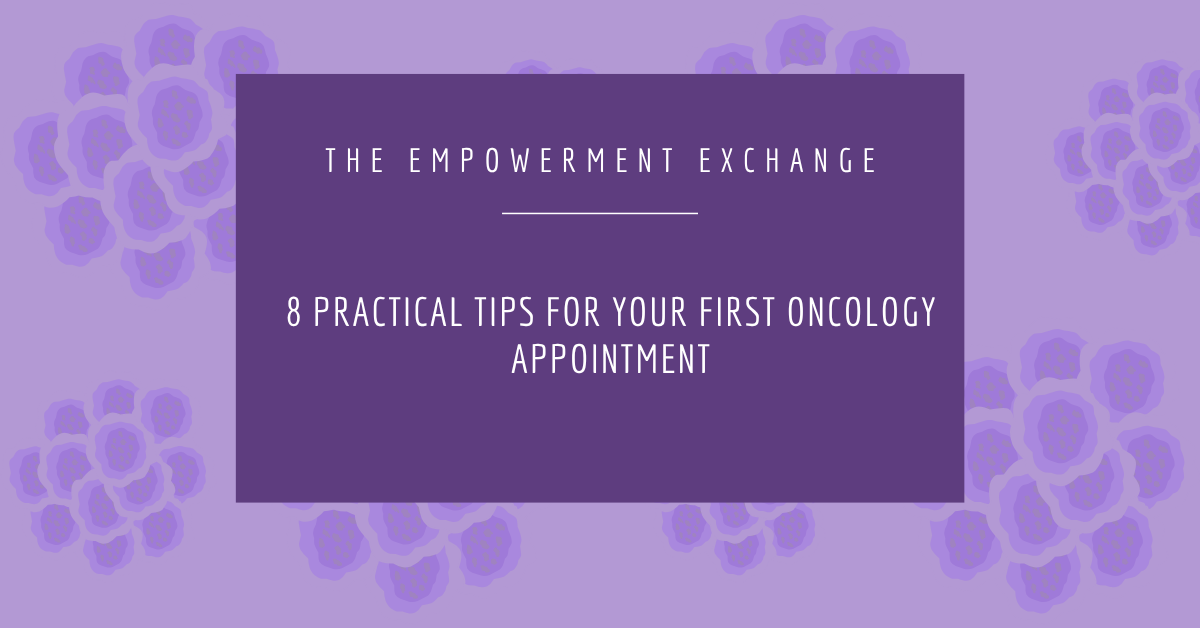
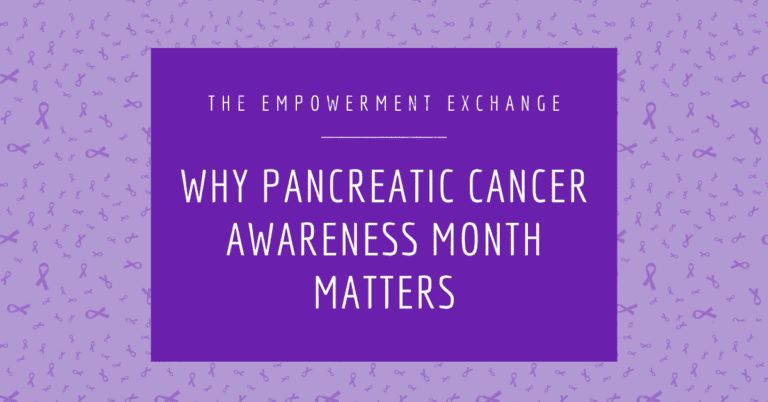
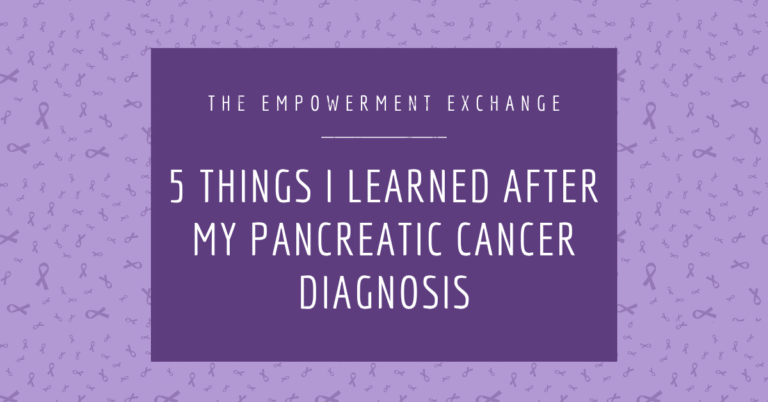
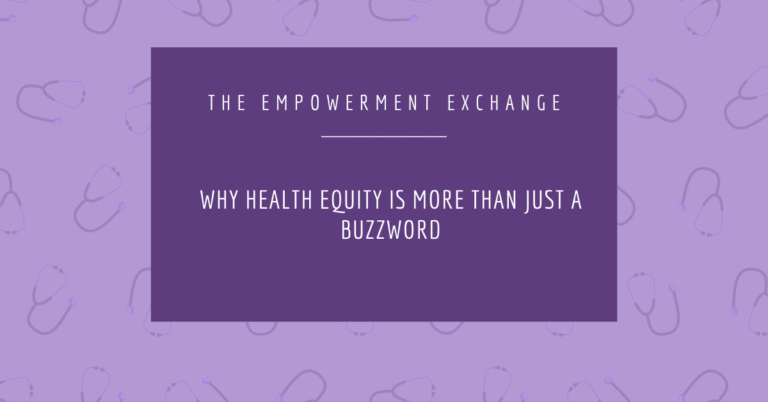

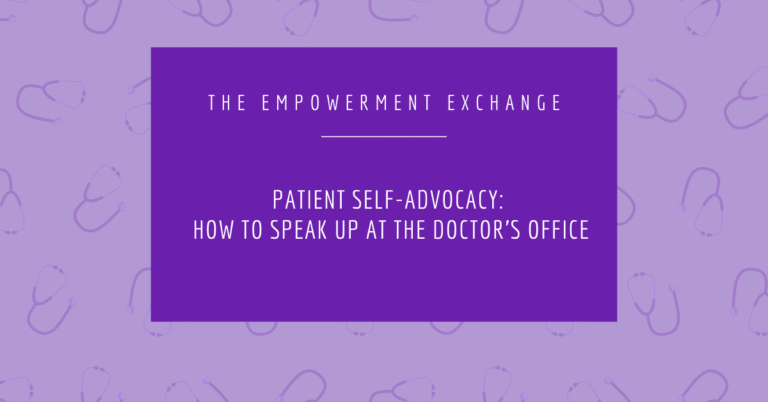
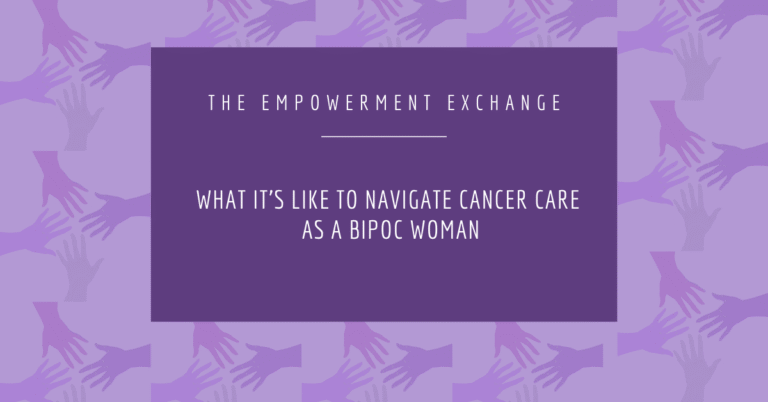
One Comment